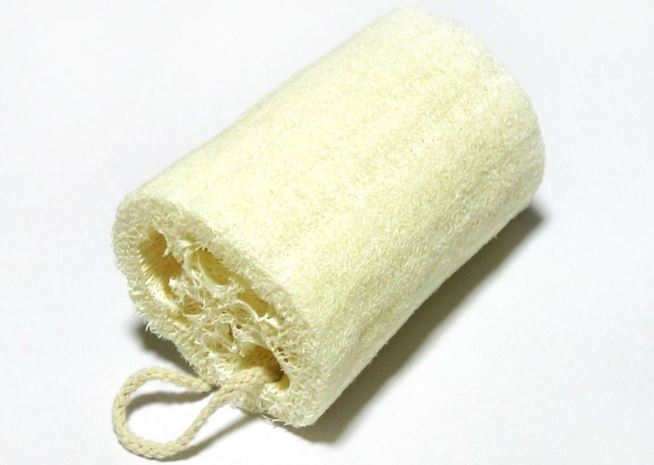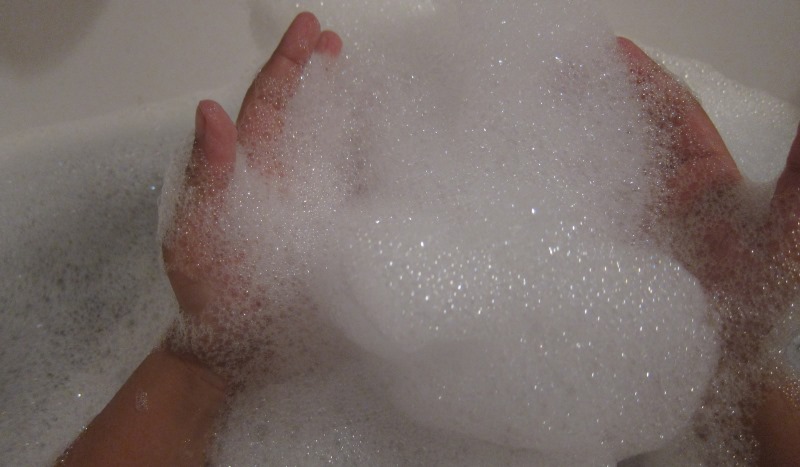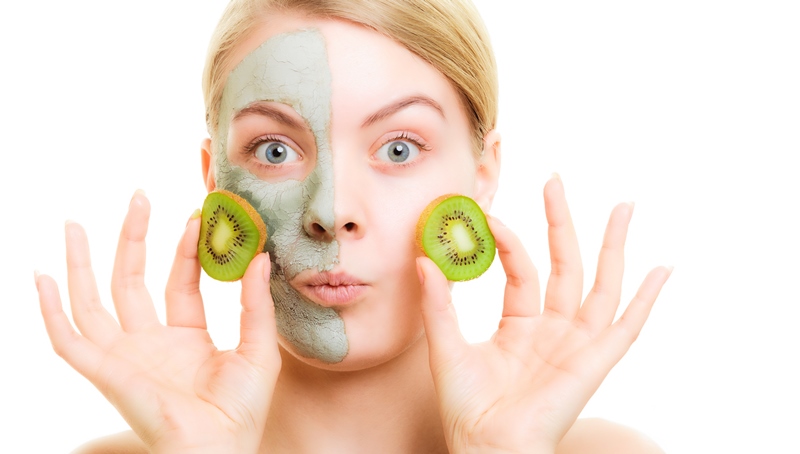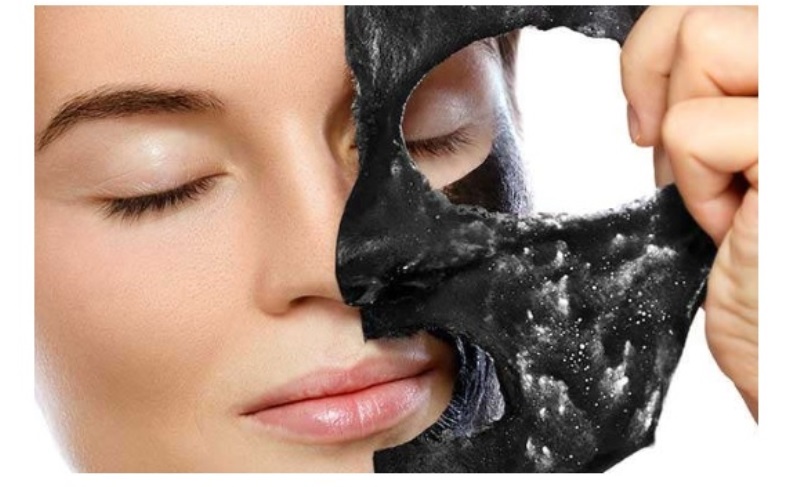Harsh winters can wreak havoc on your skin. The cold and dry air adversely affects your skin, which becomes ultra-sensitive during the winter months.
There are skin care tips, and then there are winter skin care tips. And this winter, you should know better about what you should do and what you should be saying no to. Why should you lose your perfect radiance just because of a change in seasons? Here’s a list of winter skin care tips to keep your skin glowing with health and beauty, even though it’s waaaay too cold!
1. Practice yoga
Image source: Shutterstock
Yoga is known to have many benefits, including healthy, glowing skin. And that’s why you should start your winter day with a few yogasanas like the Surya Namaskar. You will feel much more active and ready to start your day when you invest only ten minutes of your day to the spiritual exercise.
2. Use warm water, not hot
A mistake people tend to make during winters is bathing/showering in really hot water, which dries out the skin. Even if you feel it’s too cold, make sure the water is lukewarm and not too hot before you step into the shower.
3. Limit your shower
Image source: Pixabay, under Creative Commons License
You should also be avoiding long showers during the winter for the same reason you avoid hot water – it makes your skin dry. Long showers strip off natural oils that form on your skin, so avoid staying under the faucet for too long!
4. Use a loofah
Image source: Google, copyright-free image under Creative Commons License
When bathing, getting rid of dead cells is necessary, especially in the winter. That’s why many recommend using a loofah every day during the cold months. Just add drops of liquid body wash or mild soap on the loofah, and gently rub all over your body. Make sure you’re not harsh.
5. Ditch bubble baths
Image source: Google, copyright-free image under Creative Commons License
You might think that a bubble bath will relax you in the winter, but it does the opposite. Bubble bath products are made of alkaline soap, which will dry out your skin and drain it of its shiny complexion. You could try adding essential oils to your bath for an aromatic and relaxing experience instead.
6. Keep moisturizer handy
Image source: Shutterstock
You should have a cream in your purse and bathroom cabinet instead of just keeping one in your dresser. Moisturizing your skin as soon as you step out of the shower is key to glowing skin in winter. Be very generous with the cream, but don’t over lather.
7. Choose the right moisturizer
Choose a product in a jar over one that comes in bottles with pumps. Pump bottles tend to have more diluted water content, and they also have a pH base that will dry out your skin faster than a cream that comes in other flat containers or jars.
Start reading the labels before you buy a winter skin care product. It’s important that you choose a product that has nourishing agents like shea butter and coconut oil.
8. Go natural with DIY, homemade products
Image source: Shutterstock
Instead of using store bought products, find easy recipes for skin care products/masks you can make easily at home. The less chemicals your skin is exposed to in the winter, the better.
9. Eat garlic
Image source: Pixabay, under Creative Commons License
Add garlic to your everyday diet if it is not already there. Garlic not only enhances the flavor of vegetables; it also adds to the health of your skin. With garlic in your everyday meals, your skin will start looking quite youthful!
10. Avoid toxins
Your skin will be quite sensitive during the winter, and everyday toxins make it worse. For healthier skin that glows, you should not be wearing clothes that irritate your skin. Also avoid using detergents with too many chemicals because that too may have adverse effects on your skin.
Bonus tip: Add supplements to your diet
Image source: Pixabay, under Creative Commons License
Sometimes your winter diet may not give you all the nutrients you need to keep you fit and glowing. You could add supplements like omega-3, vitamin C, and multivitamins to your diet. However, make sure you consult your doctor before you start taking these over-the-counter tablets.
Featured image source: Shutterstock




















